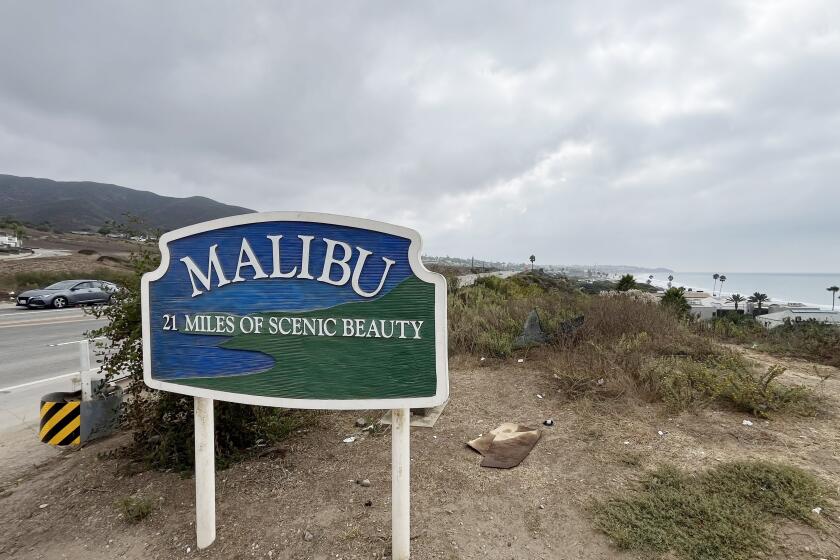Survivors Become Volunteers in Huge Relief Effort
Adan Molina, a government accountant and marathon runner, stood with his friends on the side of the road, just across from the crumpled apartment building, and gave out food from his makeshift relief station.
He gave the bread and melons and water and milk to workers with surgical masks over their faces, policemen hungry from standing at their posts for long hours, soldiers whose job was to keep the crowds back.
Molina and his friends, who are members of a sports club, had been planning to race in a marathon today. But the earthquakes of Thursday and Friday changed all that, as Mexico City was officially in mourning for those who did not escape their wrath. But the club, like hundreds of organizations all over the city, decided it wanted to help.
“The race was suspended, so we decided to do this,” said Molina.
In the aftermath of two of the worst earthquakes to hit the Mexican capital, in which thousands are dead and thousands more injured, Molina and his friends were not unusual.
This city of 18 million, normally a nightmare of bureaucracy, inefficiency and tangled streets is, for the moment, defying its reputation. In the three days since the first earthquake rumbled across this valley floor, collapsing buildings atop the people inside them, the lethargy and bureaucratic overload normally associated with Mexico City have gone on hold.
Under the direction of the army, city workers and volunteers have toiled around the clock, picking through the rubble of buildings in the center city, the site of the most serious destruction.
Jose Bolanos, the spokesman for Cuauhtemoc, one of 16 boroughs in the city and one of the hardest hit, said Saturday that 250 emergency brigades--with about 25 people each--are working on relief aid. They are made up of public employees and private clubs, students and people who came off the streets to volunteer. They came to the borough hall, hundreds of them, to lend a hand.
Modest About Efforts
Bolanos said he had heard of only one instance in which there was an attempt to capitalize on tragedy--a man charging money to identify the dead--but that was all. Most, he said, were like the volunteers who milled outside his office, waiting to be assigned their duties.
“What we do is of little significance,” Bolanos said, echoing the modesty of Molina the marathon runner.
Molina’s relief stand was outside a huge apartment building that had as many as 6,000 people inside when it collapsed in a heap. But he was not alone there.
Dr. Manuel Calero was there, along with other doctors and nurses, giving those who worked among the rubble tetanus shots. They worry about the disease, and will worry more as the days go on and the search continues for more victims.
There was Alfonso Hernandez, the leader of a group of 15 Seventh-day Adventists who live in a southern neighborhood that did not suffer from the earthquakes.
‘For Human Reasons’
“We do it for human reasons and the feeling we should help,” Hernandez said. “We are willing to work today, tomorrow and beyond.”
There was Eduardo Garcia, who works at an elevator factory. When the initial quake hit, he first checked on his family and then began to help in the rescue efforts. At night, he sleeps on a newspaper while others take over his work.
At another food stand, Erica Manzano, who studies dancing, doled out goods provided by those who could afford it. She was only glad she could.
“My family is fine and I am giving thanks to God that I am here to help,” she said.
The day dragged on, and a new group of soldiers, their fatigues freshly pressed, gathered at the Leopoldo Rio de la Loza elementary school.
More to Read
Sign up for Essential California
The most important California stories and recommendations in your inbox every morning.
You may occasionally receive promotional content from the Los Angeles Times.










